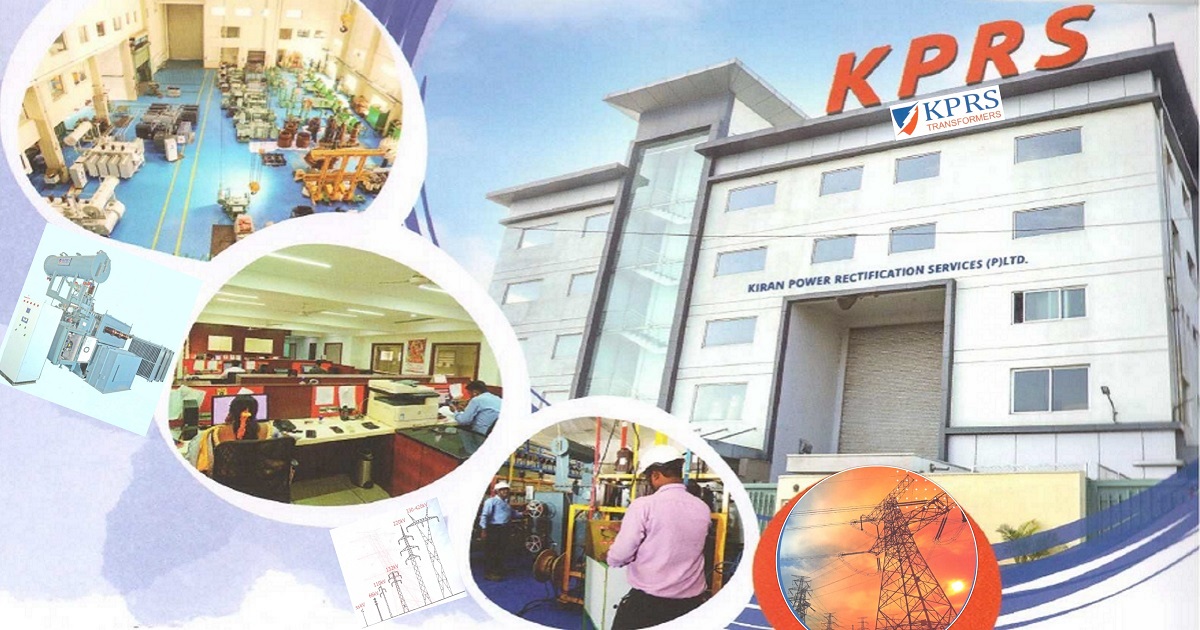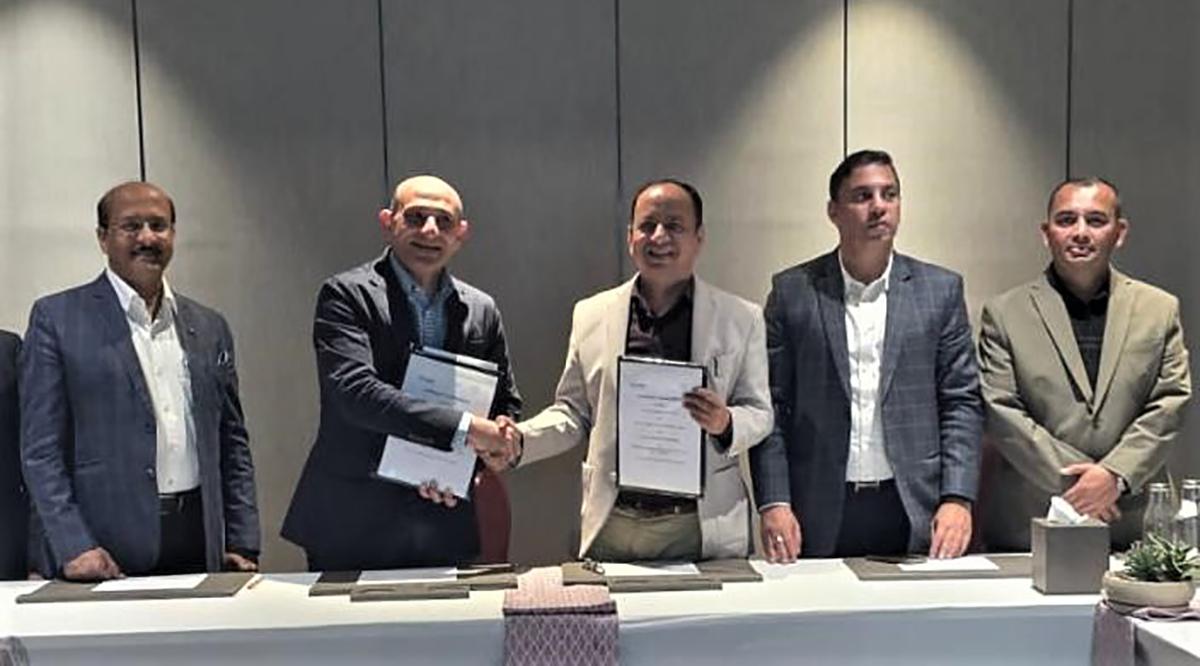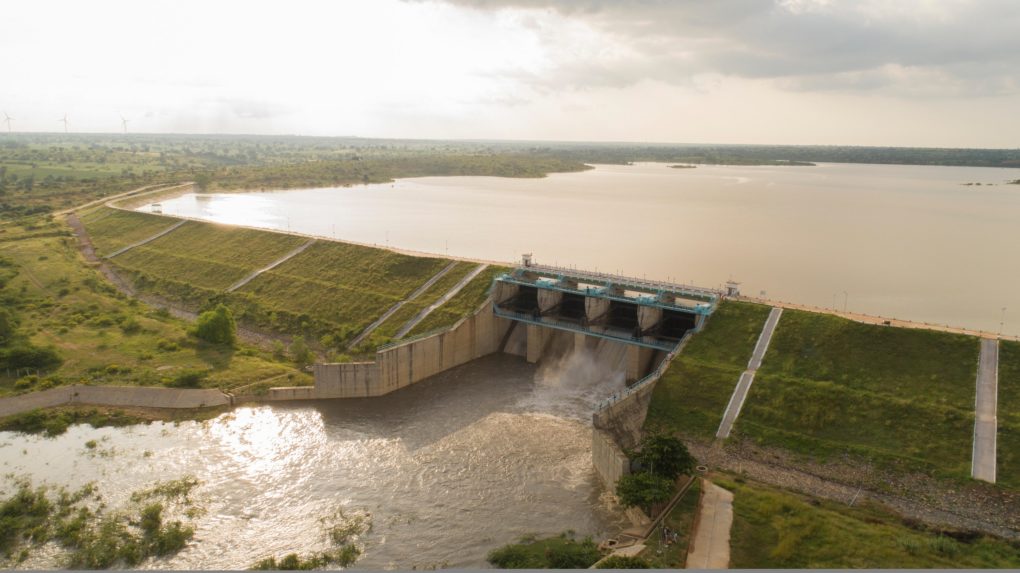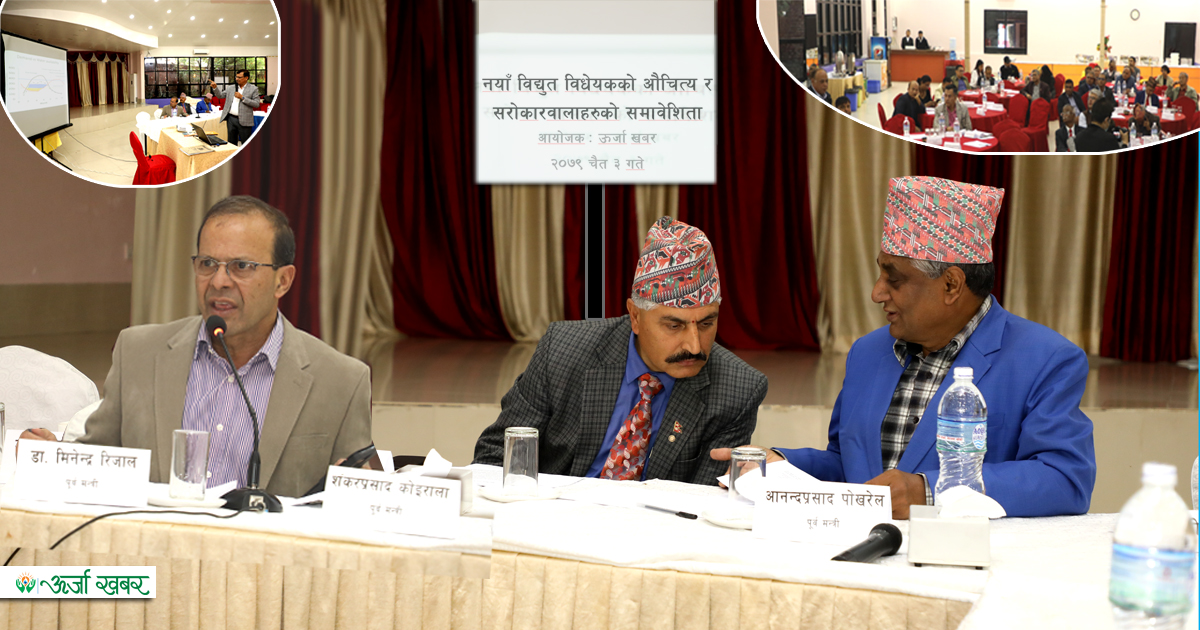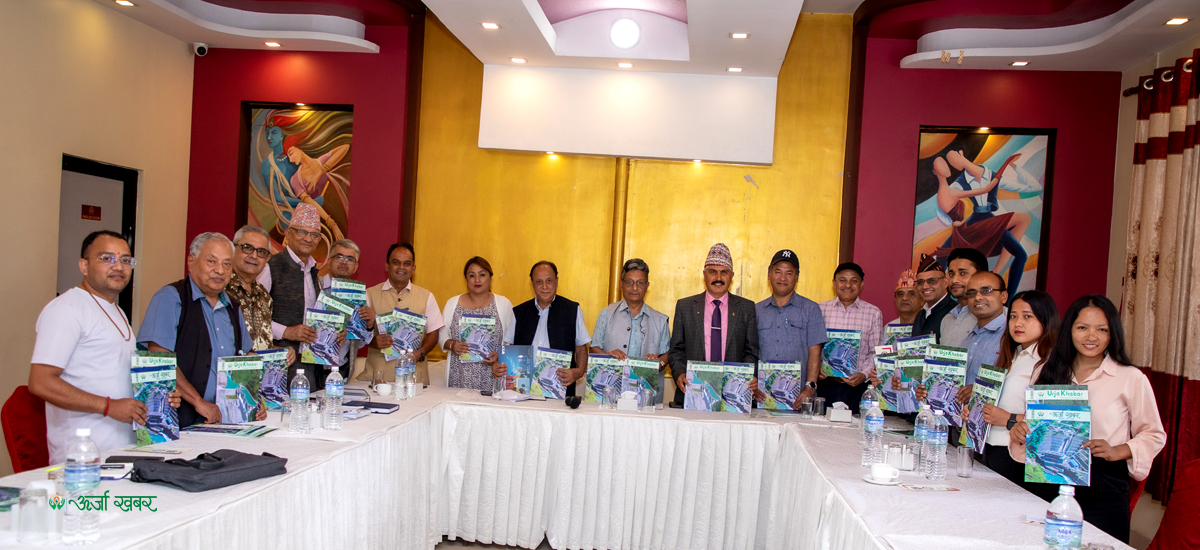Energy Update
The Country’s First Automated 400KV Substation, an Unprecedented Achievement:
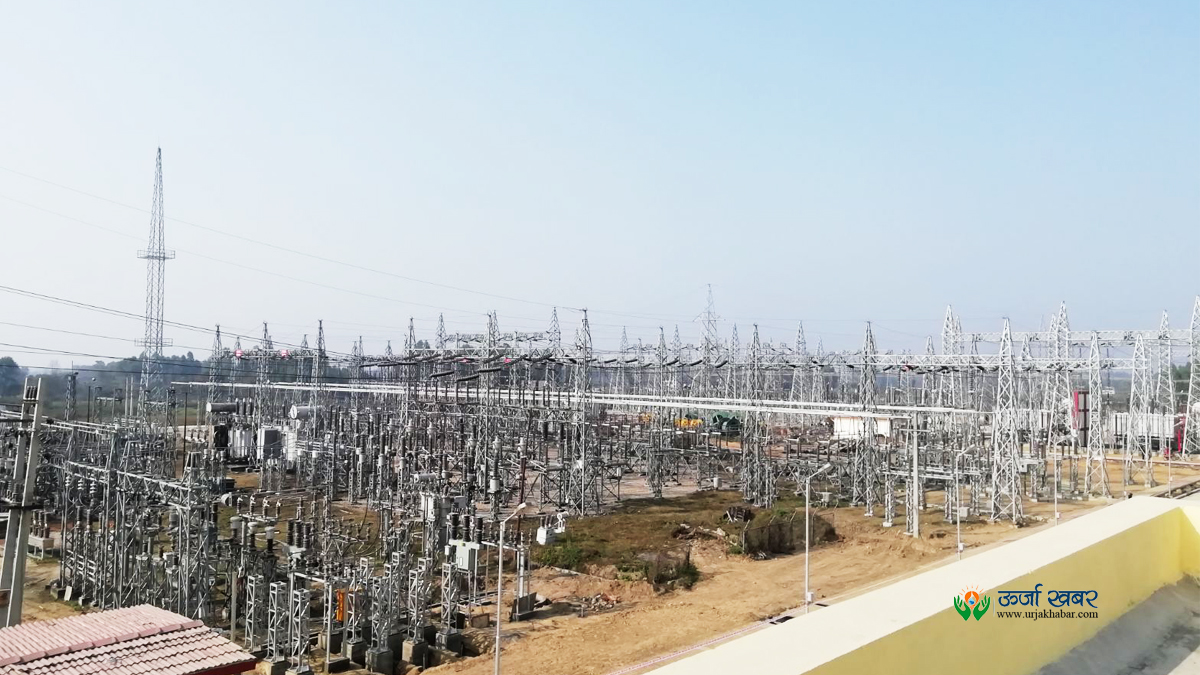
Dhanusha (Dhalakabar); Prime Minister Kp Sharma Oli inaugurated the country’s first automatic 400 KV substation at Dhalkebar in Dhanusha on Monday,19th Magh. Prime Minister Oli accompanied by Minister for Energy, Water Resources and Irrigation Top Bahadur Rayamajhi arrived in Dhalkebar by helicopter to inaugurate the substation which has been in operation since 26th Kartik.
“Coming into operation of the substation is to prove to be a milestone in power supply, export and modernization,” Prime Minister Oli said, “In the same way, by building electricity and related infrastructure, the situation of importing electricity from India can be ended by the year 2080 BS.”

He explained that this substation will strengthen the transmission and distribution system along with electricity- trade. The Prime Minister argued that Sunkoshi- Marin Multi-Purpose Project could generate 28 MW of electricity, connecting the terai, the hills and the mountains.
Similarly, Energy Minister Rayamajhi said that the operation of the substance was a success of the Ujyalo Nepal Campaign. He also said that it was a historic achievement as it would change the face of the country. He added, “substation will be a strong basis for short-term and long-term quality service delivery by playing an important role in power-trade.”

Moreover, Energy, Water Resources and Irrigation Secretary Dinesh Kumar Ghimire said that the substation will make the power supply and management reliable. “The electricity we produce will meet the domestic demand by 2028 and we will be ready for export’, he said, “then it will be of great importance.”
Acting Managing Director Of Nepal Electricity Authority, Hitendra Dev Shakya, said that as the substation was constructed under the direct supervision and monitoring of Nepalese Engineer, it shows that the manpower of our own country is getting capable in the construction of such structures. “The completion of the substation envisioned in 2062 has brought light to the face of the country”, he added, “It is also a strong gateway to power supply and trade.”
Secretary for Energy, Water Resources and Irrigation Ghimire, Acting Managing Director Of NEA Shakya, Chairman of Electricity Regulatory Commission Dilli Bahadur Singh and other Deputy Executive Directors of NEA participated in the inauguration program. NEA Deputy Managing Directors Har Raj Nyaupane, Ramji Bhandari, Madan Timsina, Dirghayoo Kumar Shrestha and other high officials were present.
As this substation is of strategic importance to both Nepal and India, a team including Kanchan Chaudhary, Senior General Manager of Power Grid Corporation of India was present on behalf of India. “The substation and Dhalkebar- Muzaffarpur border will solve the problem of immediate and sustainable power supply”, Chaudhary added, “This work is a historic step for the strategic importance of both countries.
The country’s first automated 400KV substation, an unprecedented achievement:
The history of hydropower development in Nepal has crossed 109 years. Till now 400 KV substation had not been constructed. Since the construction of Pharping Power House in 1968 BS, Dhalkebar- Muzaffarpur cross-border transmission line has been operational at 400KV after the construction of 400 KV substation has been completed for the first time.
It is an automated substation based on GIS technology, built under the government’s Energy Crisis Mitigation and Power Development Decade Program. The substation constructed in Mithila Municipality-7 of Dhanusha, Province 2 has three 315 MVA 400 KV 400 transformers and a 400 KV reactor of 80 MVA.
About 900 MW of electricity can be exchanged at 400 KV and 200 KV from this substation. Up to 1000 MW of electricity can be exchanged with India through Dhalkebar- Muzaffarpur 400 KV cross-border transmission line.
Similarly, after the completion of the construction of 400 KV transmission line from Hetauda to Inaruwa, about 2000 MW of electricity can be exchanged between Hetauda and Inaruwa. About 900 MW of electricity can be exchanged from 220 KV to 132 KV through two 315 MVA 220/132 KV and two 160 MVA 220/132 KV transformers connected to the substation.
Moreover, electricity generated from the 456 MW Upper Tamakoshi Hydropower Project of National Pride under construction can be brought to this substation of Dhalkebar from Khimti- Dhalkebar 200 KV transmission line. After this, East- West can be broadcast and distributed.
Until the East-West 400 KV transmission line is constructed, the existing 132 KV line can carry about 300 MW to east and west. In addition, 150 MW can be sold to India through the same substation and transmission line.
The contract for the construction of this 400/200 KV substation was signed on 22 Mangsir, 2074 BS (8 December,2017). The construction has been completed in about three years and has come into operation from 26th Kartik.
Features of Substation:
5- The substation is spread over an area of 13 bighas and 14 katthas.
6-The substation has two 400 KV feeders for Inaruwa, two for Hetauda, two for Muzaffarpur, three for transformer, one for reactor and the rest as backup feeders.
7-The substation will supply power of Upper Tamakoshi through two feeders coming from Khimti at 220 KV.
8-Although it is the first 400 KV substation in the country, its design, test and construction have been supervised by Nepali engineers. The NEA Engineering Company, a joint venture between the Electricity Authority and government body, supervised the 400|220 KV substation which proves that the country’s engineering capacity is high.
Costs and Expenses
About Rs. 2.20 billion has been spent to complete the project, including US$ 17.74 million and NRS. 10 million. Similarly, the construction of 220|132 KV substation has cost about 6.9 million US dollars and Rs. 280 million have been spent. Of this, 138 million is provided as loan by the World Bank for transmission lines and substations.
The project took a little longer to complete due to the Corona pandemic. High voltage test equipments, especially, while importing from China, were stopped at the Kerung Checkpoint for a long time.
The Gate for Power Trade
Dhalkebar substation is also a strong and reliable gateway for trading power between Nepal and India. It is also envisioned that the country will be able to import the required quantity from here and export when there is more. Currently, 250 to 300 MW of electricity has been purchased from here due to high demand.
NEA and Indian company NTPC Power Trading Corpation (NVVN) Limited have signed the Power Purchase agreement (PPA) to purchase 250 MW of electricity from July to November, 2020,350 MW from December to April 2021 and 200 MW from May to June through Dhalkebar –Muzaffarpur tranomission line The PPA expires on 30 June, 2021.
Nepal has envisioned to export more electricity generated in the monsoon from this gateway. Earlier, as a pilot, NEA competed through NVVN to export 25 MW for 24 hours but could not succed due to its high rate. In the coming days, Nepal’s entry into India’s power market will not be easy.
The Dhalkebar- Muzaffarpur cross –border tranomission line is envisaged to carry up to 1200 MW of electricity. But the Indian side argues that the line cannot support more than 600 MW to export. At the same time, Nepal is demanding to export up to 900 MW.
Even if Dhalkebar substation is considered as the main gateway for trading electricity, much will really be depended on what happens to India’s Nepal policy. However, there is no alternative to using this gateway and trying to export surplus electricity in the monsoon until the country develops an adequate transmission and distribution line and creates an environment for electrification in rural areas.
Conversation

Laxman Biyogi
Laxman Biyogi has been serving as the editor of Urja Khabar for the past seven years.
- Info. Dept. Reg. No. : 254/073/74
- Telephone : +977-1-5321303
- Email : [email protected]





